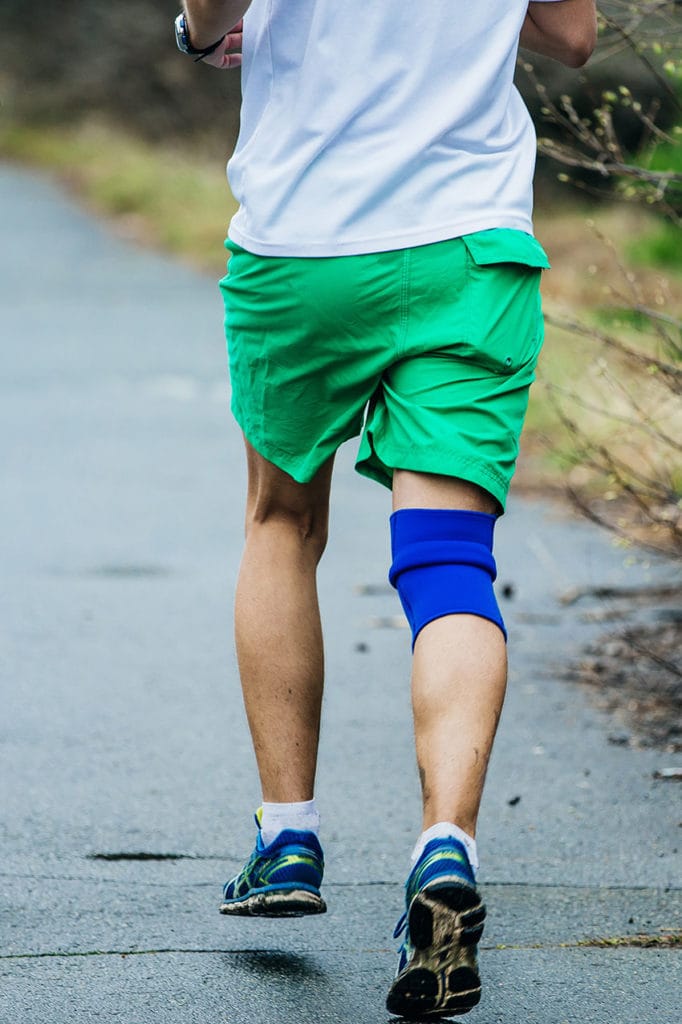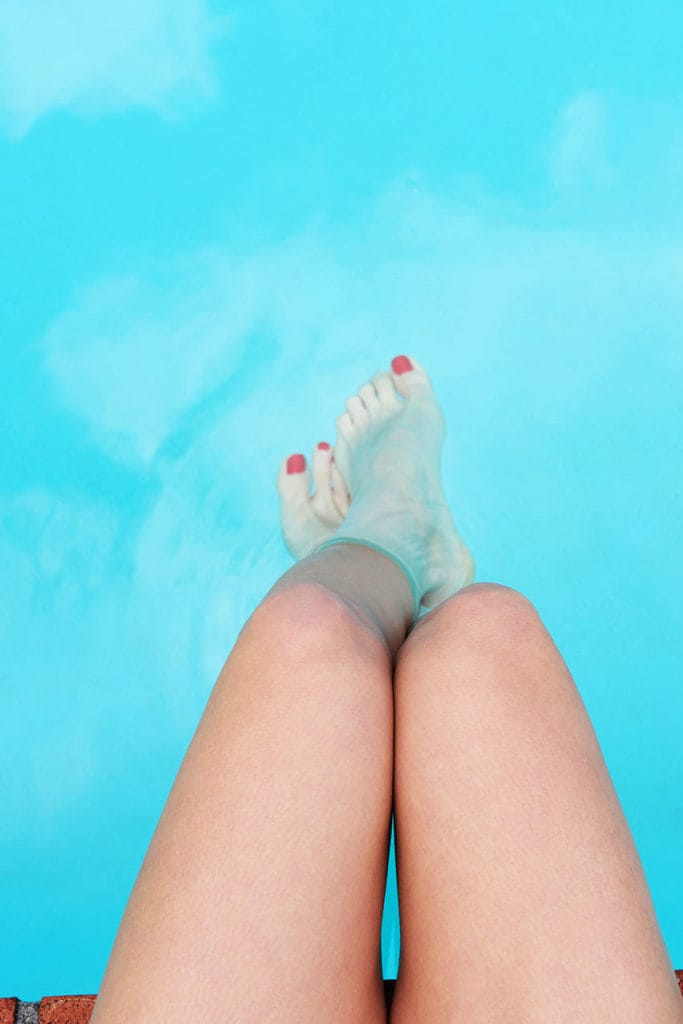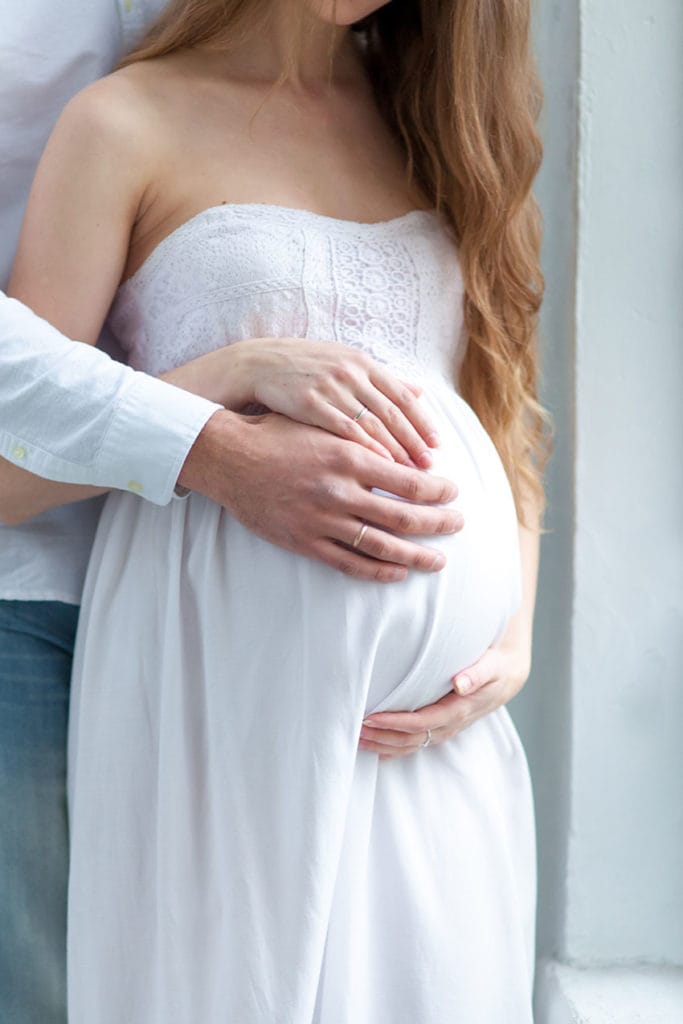Runner’s knee is common is runners and athletes, but common people can also suffer from it and, in some case, may need the attention of an orthopedic surgeon. Here is everything you need to know about a very common knee injury; the runner’s knee.
Runner’s Knee
People who run a lot can have this problem of feeling dull and pinching pain near and on their kneecap, also known as the patella. A runner’s knee is any type of pain that is affecting the knee adversely and it happens, more often than not, after a strenuous running or sprinting session. Runner’s knee is also known as patellofemoral pain because the injury is caused mainly on the patella, but the pain can radiate down towards your thigh bone, also known as the femur. This is a very serious condition and it can mark the end of an athlete’s career, if something isn’t done about the pain.
A lot of the time, it’s recommended that you stop doing strenuous activities like running and jogging, if you start to feel even the dullest of pain, but some people have a greater pain threshold and they think that they can go on for longer, but that’s only going to put their knee in a more serious condition and one wrong move can lead to you falling and cracking a bone or two. This is not what you want, so it’s good to listen to your body and if you feel that the pain is getting unbearable, then you need to see a doctor immediately.
Causes Of Runner’s Knee
There can be a lot of things that cause runner’s knee and it’s not just in people who are athletes. If you are sporty and active and you love running and jogging as a part of your workout routine, then you can fall victim to this injury as well. It’s been proven that runner’s knee is more common to occur in women as compared to men because the former are more prone to getting weaker bones quickly and that can be due to several things, like:
- Hormones
- Menopause
- Generally weaker bone structure
- Bone disorders like osteoporosis, which is extremely common in women after menopause, and so on.
Other causes of runner’s knee may include:
Gait
Your gait is a very important factor that can affect your knee. Did you know that there is a proper way of walking? It involves the hips and knees and you need to keep your posture straight and free from tension to put the least amount of strain on your knees. If you walk a certain way and that is putting unnecessary pressure on your knees, then over time it is going to lead to runner’s knee.
The Kneecap’s Position
If your kneecap is positioned weirdly, then it can poke and pinch the surrounding muscles and that can lead to excruciating pain when you try to walk or run.
Bone Disorders
If you have a bone disorder like arthritis or osteoporosis, then it can weaken the bones over time and it can lead to runner’s knee.
Weak Hamstrings
Weak hamstrings or thigh muscles can also lead to pain in the knee because the muscles are not strong enough to hold the bone in place, and in case of any impact or fall, the knee can worsen.
Symptoms Of Runner’s Knee
Here are some general symptoms of runner’s knee that are good to know, because it helps in the diagnosis of an injury.
Pain
The most obvious sign that you have runner’s knee is experiencing a lot of pain around the knee and also in the thigh when you are moving your legs.
Alternatively, the pain can also be heightened when you’re sitting around for too long with your legs in a bent position. This causes a lot of tension in the muscles and tendons and if you immediately start to move, then the pain will be extreme.
Kneecap Rubbing Against A Bone
Another common symptom is the feeling of your kneecap rubbing against another bone. This sensation is characterized by the grinding feeling or sound of the knee cap when you try to move. It’s not only uncomfortable, but it can also lead to immense pain, in case the bone pokes the surrounding muscles and tendons.
This pain can radiate down to the thigh and in some cases, you can also feel it in your feet and overall, it’s a feeling of discomfort that just won’t go away. Along with that, clicking sounds can also be produced when you bend and extend your knees. If you’re feeling this, you must a knee doctor or a sports medicine specialist Woodbridge.
Loss Of Sensation Near The Knee
In very serious cases, you can also lose sensation in the knee and leg and there might be a tingling or numbing sensation that’s borderline uncomfortable to deal with.
There are a lot of nerves inside and around the kneecap, so any injury to that area can affect the nerves as well and this is what’s going to cause that uncomfortable numbing and pinching sensation.
Swollen Knee
If your kneecap is swollen and feels tender to the touch, that’s also an alarming sign, coupled with the fact that you are in immense pain.
Treatment For Runner’s Knee
Now that you know what runner’s knee is, how it’s caused, and what the symptoms are, it’s a good idea to talk about the treatment options available for this injury.
- Luckily, there’s no need for surgery if you suffer from runner’s knee. All you need to take care of is that you’re giving your leg a rest and if you feel like running makes the pain worse, then you can take a break from it and allow it to heal on its own. Proper rest is going to make your knee better in no time.
- Cold compress around the knee can also help a lot and it will numb the pain too, if you’re apprehensive about taking hardcore pain medication. The cold temperature of the ice is going to alleviate the swelling and tenderness as well, if any, and it’s going to feel good too.
- You can also try to keep your legs elevated and that’s going to help keep the pressure away from the knees. This is also a great way to instantly heal your knee and there’s no need for medication. If you want, you can also arrange the bed in a way so that you can sleep with your legs propped up.
- A bit of stretching and knee exercises can also help with runner’s knee. You might think that exercise will make things worse, but it’s the contrary. Light stretching and yoga is going to loosen the limbs and the tension will be gone too, so that your leg feels a lot better.
Prevention
As a preventative measure, try to lose weight if you suffer from obesity because it’s also one of the major causes of runner’s knee. Your knee can only endure a certain amount of weight.
Conclusion
If you are someone who is also suffering from runner’s knee, then these things are great to know, especially the symptoms and treatment, so that you can get better as quickly as possible. If the pain is severe, consult an orthopedic doctor for knee pain Woodbridge.


